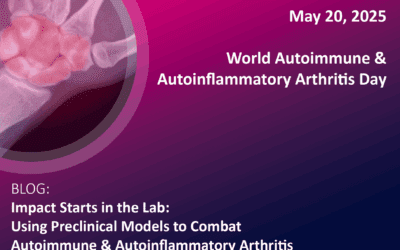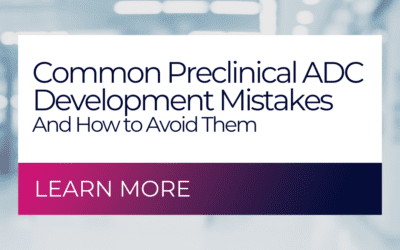In vitro safety pharmacology profiling plays a crucial role in the drug development process by providing essential information about the potential safety and efficacy of new drug candidates. This approach involves conducting experiments in controlled laboratory settings, outside of living organisms (in vitro), to evaluate how a drug candidate interacts with specific biological targets and systems.
Here are some key reasons why in vitro safety pharmacology profiling is important:
- Early Detection of Safety Issues: Identifying safety concerns during the early stages of drug development is essential to avoid costly setbacks and potential harm to patients. In vitro profiling allows researchers to assess how a drug candidate interacts with various targets and evaluate the potential for off-target effects that could lead to adverse reactions.
- Risk Assessment and Mitigation: By understanding how a drug candidate interacts with different biological pathways, in vitro safety pharmacology profiling helps identify potential risks associated with a candidate compound. This information enables researchers to modify or optimize the compound’s structure to reduce the risk of adverse effects while maintaining therapeutic efficacy.
- Optimal Compound Specificity: In vitro profiling provides insights into the specificity of a drug candidate’s interaction with its intended target. This helps ensure that the drug candidate has a high degree of selectivity for the desired target, minimizing the potential for unintended interactions that could lead to side effects.
- Reduced Animal Testing: In vitro safety pharmacology profiling reduces the need for extensive animal testing in the early stages of drug development. This is not only more ethical but also more efficient, as it allows researchers to prioritize the most promising candidates for further development, saving time and resources.
- Accelerated Drug Development: Early identification and mitigation of safety concerns through in vitro profiling can accelerate the drug development process. By addressing safety issues before advancing to animal and clinical testing, researchers can reduce the likelihood of late-stage failures and delays.
- Data-Driven Decision-Making: In vitro profiling generates valuable data that informs decision-making throughout the drug development pipeline. Researchers can use this data to make informed choices about which compounds to advance, how to optimize their properties, and which safety concerns to address.
- Regulatory Approval: Regulatory agencies, such as the U.S. Food and Drug Administration (FDA) and the European Medicines Agency (EMA), require comprehensive safety assessments as part of the drug approval process. In vitro safety pharmacology data contributes to the overall safety profile of a drug candidate and supports its approval by demonstrating a thorough understanding of its interactions and potential risks.
Contract Research Organizations (CROs) play a crucial role by offering specialized expertise and resources. We conduct in vitro profiling efficiently, reducing costs and time. CROs aid in deciphering compound behavior, providing data-driven insights for informed decisions. Our proven expertise accelerates drug development, ensuring regulatory compliance and increasing the likelihood of successful clinical outcomes. ChemPartner’s in vitro pharmacology safety functional panel includes 47 targets with 78 assays that can provide more information about a compound’s function than a standard safety panel that only provides binding information.
In short, in vitro safety pharmacology profiling, with the assistance of CROs, is an indispensable tool in creating safer, more effective medications while expediting the development process.




